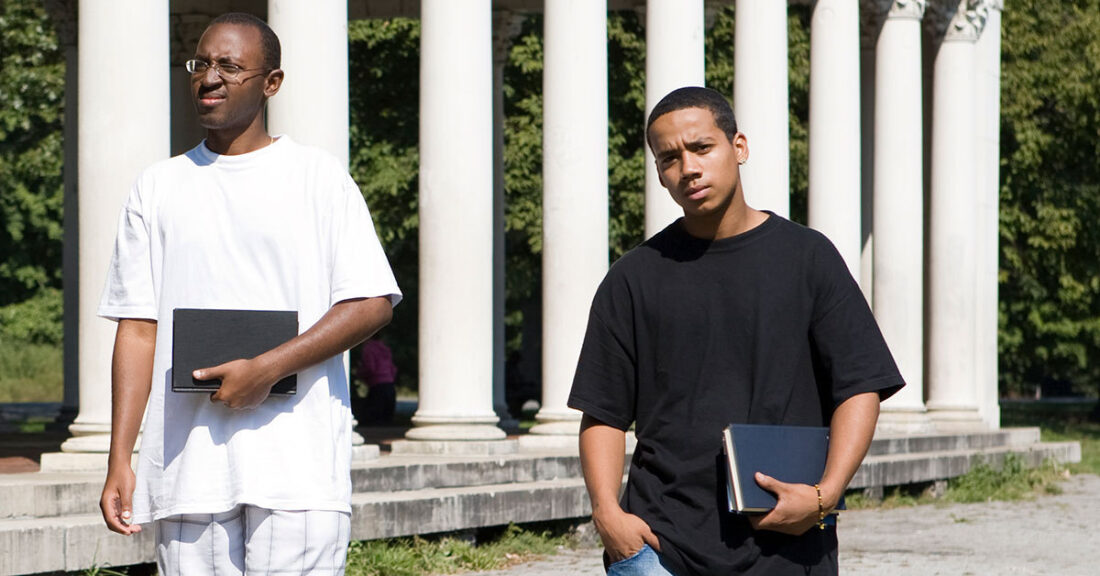Nate Balis on Supporting Young People in the Juvenile Justice System

Nate Balis, director of the Annie E. Casey Foundation’s Juvenile Justice Strategy Group, talked about juvenile justice reform during a podcast produced by the National Conference of State Legislatures (NCSL).
“Until we [invest in opportunities] for all young people — especially Black and brown youth whose well-being has all too often been seen as a secondary or optional concern — we will not have the justice system that our young people and our citizens deserve,” Balis tells Ed Smith, who hosts Our American States. During the conversation, Balis also discusses how the coronavirus is affecting system-involved youth and what the field may look like post-pandemic. He notes that protecting public safety and advancing youth well-being go hand-in-hand.
NCSL’s Anne Teigen opens the episode by highlighting research, U.S. Supreme Court decisions and actions by state governments that have influenced the juvenile justice field. NCSL receives funding from the Foundation.
In this episode on juvenile justice, you’ll learn
- The most effective ways that state and local governments can respond when young people violate the law.
- How states use financial incentives to increase the delivery of community-based services and treatment in lieu of sending youth to state facilities.
- The urgency of advancing racial and ethnic equity.
- The significance of transforming juvenile probation.
- The role for juvenile justice agencies in connecting young people with opportunities that contribute to their personal growth and long-term success.
- How juvenile justice jurisdictions have responded to COVID-19, including with a rapid drop in youth detention.
Conversation clips
In Nate Balis’ own words…
“We are at our safest when we invest in our young people — when we believe that promoting their well-being is at the core of what it means to keep them and their communities safe.”
“We know from study after study after study that locking kids up is more likely to do harm than good. It disconnects young people from their school, from their family, and increases the likelihood that they’ll end up in the criminal justice system as an adult.”
“We’ve seen legislatures prioritizing keeping kids in the community, and that’s a really, really good thing — investing in services that support young people rather than just simply surveilling them or incarcerating them.”
“All too often the gravity of incarcerating a child is not given the weight that it deserves.”
“Probation is really the center of juvenile justice around the country.”
“Instead of being an alternative to confinement, probation ends up being the pathway to confinement.”
“Incentives for young people work way better than sanctions…We need to actually show young people pathways to be successful in life.”





